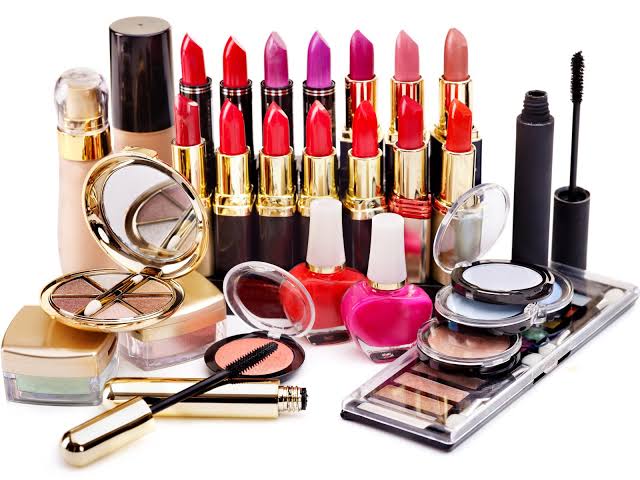A biochemist, Mrs Maryam Bello-Hassan, has warned that prolonged use of cosmetics containing harmful substances such as heavy metals, could lead to fatal health consequences, including organ damage.
Bello-Hassan gave the warning in an interview with the News Agency of Nigeria (NAN) on Tuesday in Lagos.
Bello-Hassan, who is also a graduate teaching assistant at Texas Tech University, USA, said while cosmetics are designed to enhance people’s appearance, they should not come at the cost of their health.
“I carried out a recent study on ‘Healthy Risk Assessment of Heavy and Trace Metals in Personal Care Products in Nigeria’ and the results were troubling.
READ ALSO:
Group Wants State Of Emergency Declared On Power Sector
WAEC Begins Computer-Based WASSCE Friday
Senator Ashiru Calling Us Corrupt Because We Found Drugs At His Home, NDLEA Claims
JAPA: UK Deports 44 Nigerians, Ghanaians In Record-Breaking Eviction Flight
How Nigeria Can Navigate the $360Bn Energy Transition Funding Gap – Heirs Energies
Commissioner Arrested, Suspended For ‘Having Affairs With Married Woman’
“I examined a selection of cosmetics sold in Nigerian markets, including foundation, lipstick, face powder, eyeliner and henna.
“Many of these everyday products contain potentially dangerous levels of heavy metals like lead, cadmium and chromium, which can have long-term health consequences when used over time.
“Heavy metals such as lead and cadmium are toxic, even in small amounts.
“Prolonged exposure to these metals can cause a range of serious health issues, including organ damage, development problems and cancer,” she disclosed.
Highlighting more dangers from cosmetics containing harmful chemicals, she said that lead affects brain development and causes nervous system issues.
“Also, chromium causes allergic reactions, while nickel and cadmium in foundations and face powder, if accumulated in the body, could cause kidney damage and bone issues,’’ she said.
Bello-Hassan, however, said her study revealed that henna, particularly the local and non-branded variety, was the safest option as it contained minimal contamination.
According to her, women and girls were most at risk because of their exposure to high levels of cosmetics.
She said the risk factors included applying those cosmetics to the skin and lips, areas that easily absorb substances.
The biochemist cautioned pregnant women against exposing themselves to the harmful substances in cosmetics, to avoid impeding the development of their babies.
She advised consumers to protect themselves by making informed choices, including opting for products certified free from harmful metals. (NAN)
realnewsmagazine





